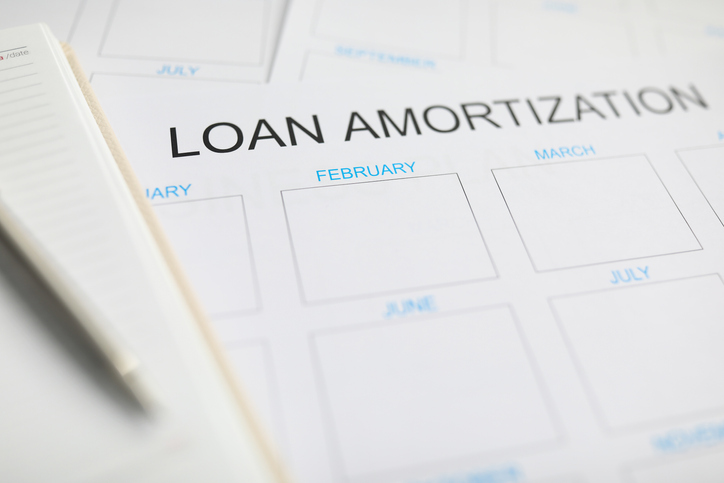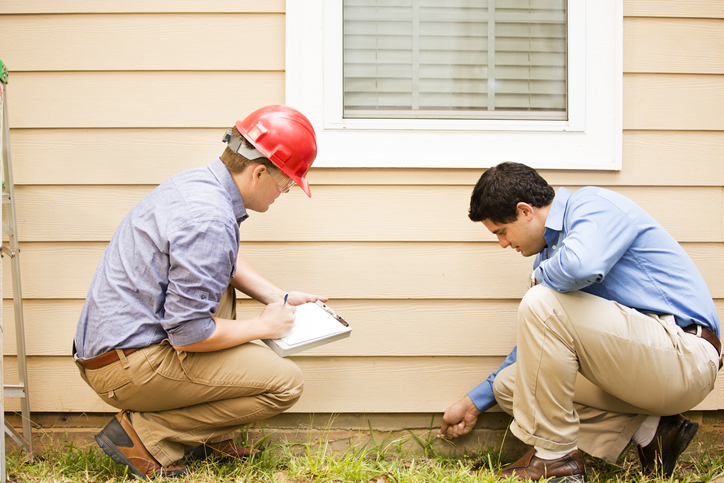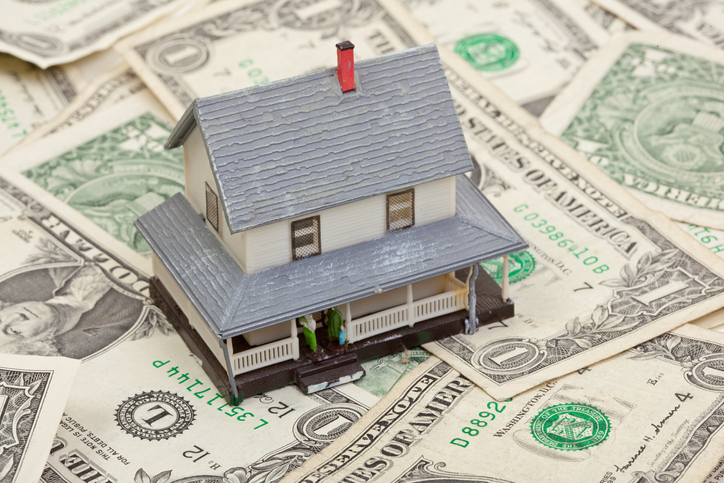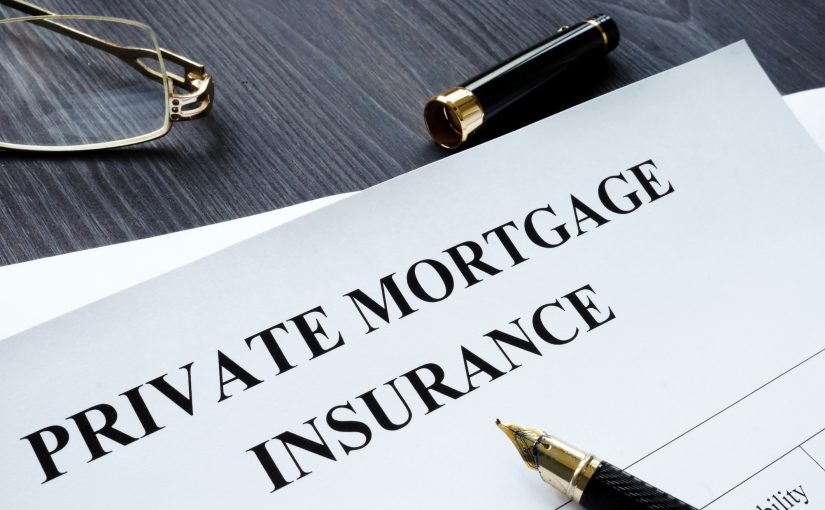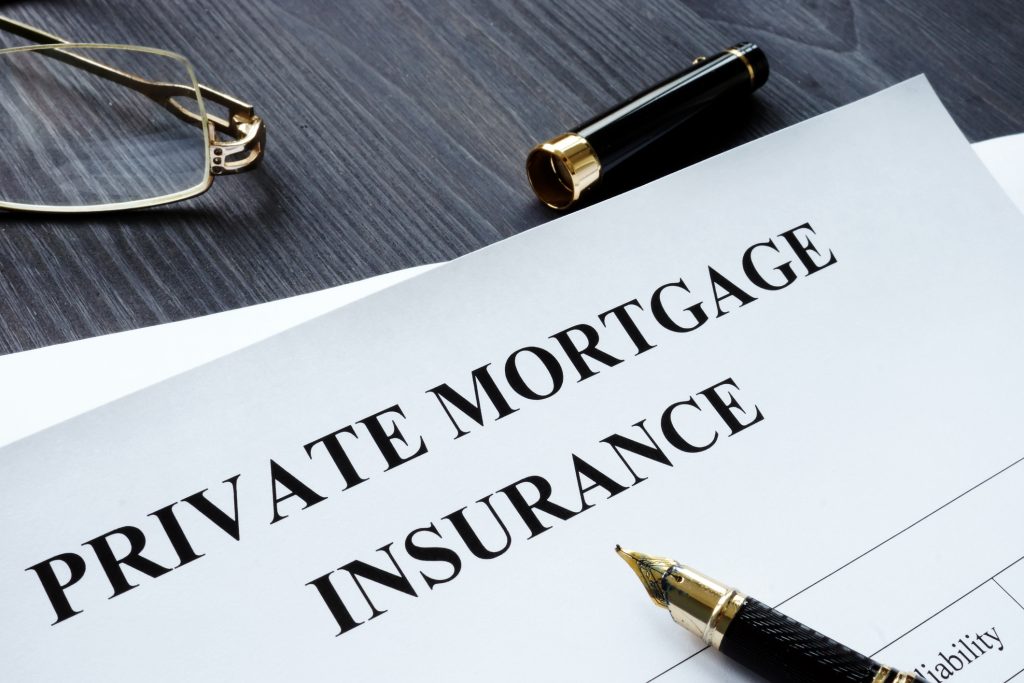
Obtaining an optimal and affordable mortgage rate depends on many factors, particularly your credit score. However, there has been a misconception that closing a credit cards could help improve scores, when it can do the opposite in some cases. Here are several ways to increase your credit score, become a responsible borrower, and improve your standing as a mortgage applicant.
Steps to Improve Your Credit
- Paying off or reducing revolving card balances. Lowering your credit utilization, or the ratio between credit used and credit available, is a substantial way to boost your credit score by several points. The lower your utilization percentage, the higher your credit.
- Paying for recent charges before the next statement date. By paying for recent charges in advance to your credit card statement, you show increased reliability to creditors and can maintain a low utilization percentage. Considering billing cycles are monthly, when you pay a portion of your statement several times a month, you accelerate the rate at which you’re building credit with the lowest possible utilization.
- Activating any rarely used cards. Keeping a credit card open for a longer period of time establishes a longer credit history, showing lenders you are a responsible borrower for various different obligations. Even if you’re charging small amounts, having an open card with a $0 balance can lower your utilization and improve your credit score.
Things That Impair Your Credit
- Closing credit cards. Though it may not be immediate, if you close a credit card with a $0 balance you risk increasing your credit utilization and lowering your credit score by taking that card’s balance and credit limit out of the utilization equation.
- Buying a new car or paying off a car loan early. The number one thing that potential mortgage customers do wrong is buying a car right before applying for a mortgage loan. This not only affects the credit score, but it also adversely impacts the customer’s debt ratios. While paying loans such as cars reduces your debt, it does not affect your credit score enough to be a priority as far as paying off statements. Instead, it creates a less diverse credit mix, especially for a person with limited credit history, and makes it more difficult to qualify for a mortgage.
- Applying for or accepting a credit offer. A hard inquiry is the initial step in which lenders check your credit report, which creates a small negative impact on your credit for up to two years. Doing this right before applying for a mortgage raises suspicion amongst creditors, and the more hard inquiries made within a short period of time could label you as a high-risk borrower, increasing your mortgage rate.
Score a Secure Mortgage with Butler Mortgage
For a safe and reliable mortgage process, trust the individuals at Butler Mortgage. We’ve worked with first-time and seasoned buyers in Florida for more than 25 years and are proud to expand our services to Georgia. Call 407-931-3800 or fill out our free online consultation form to get started today.





